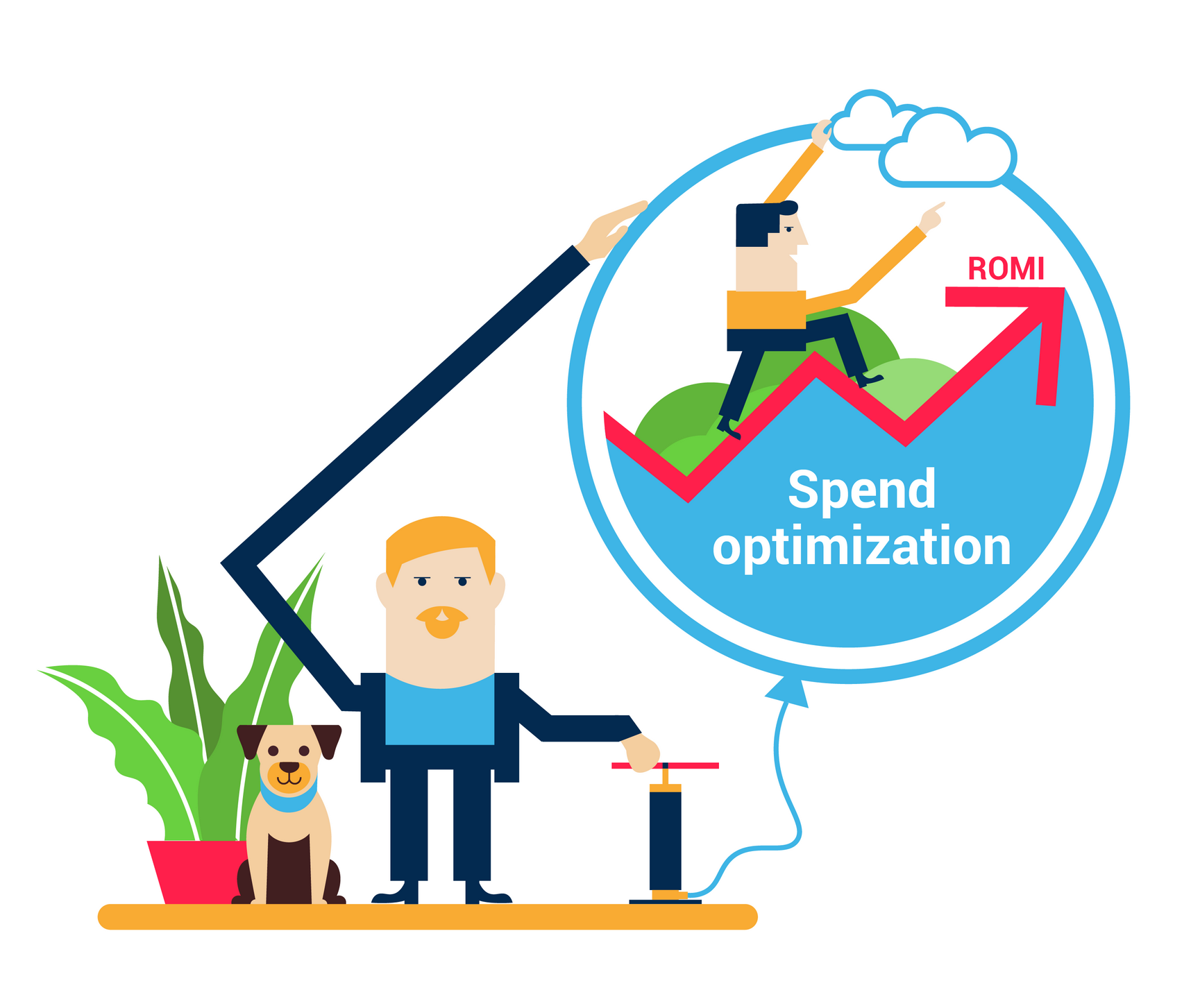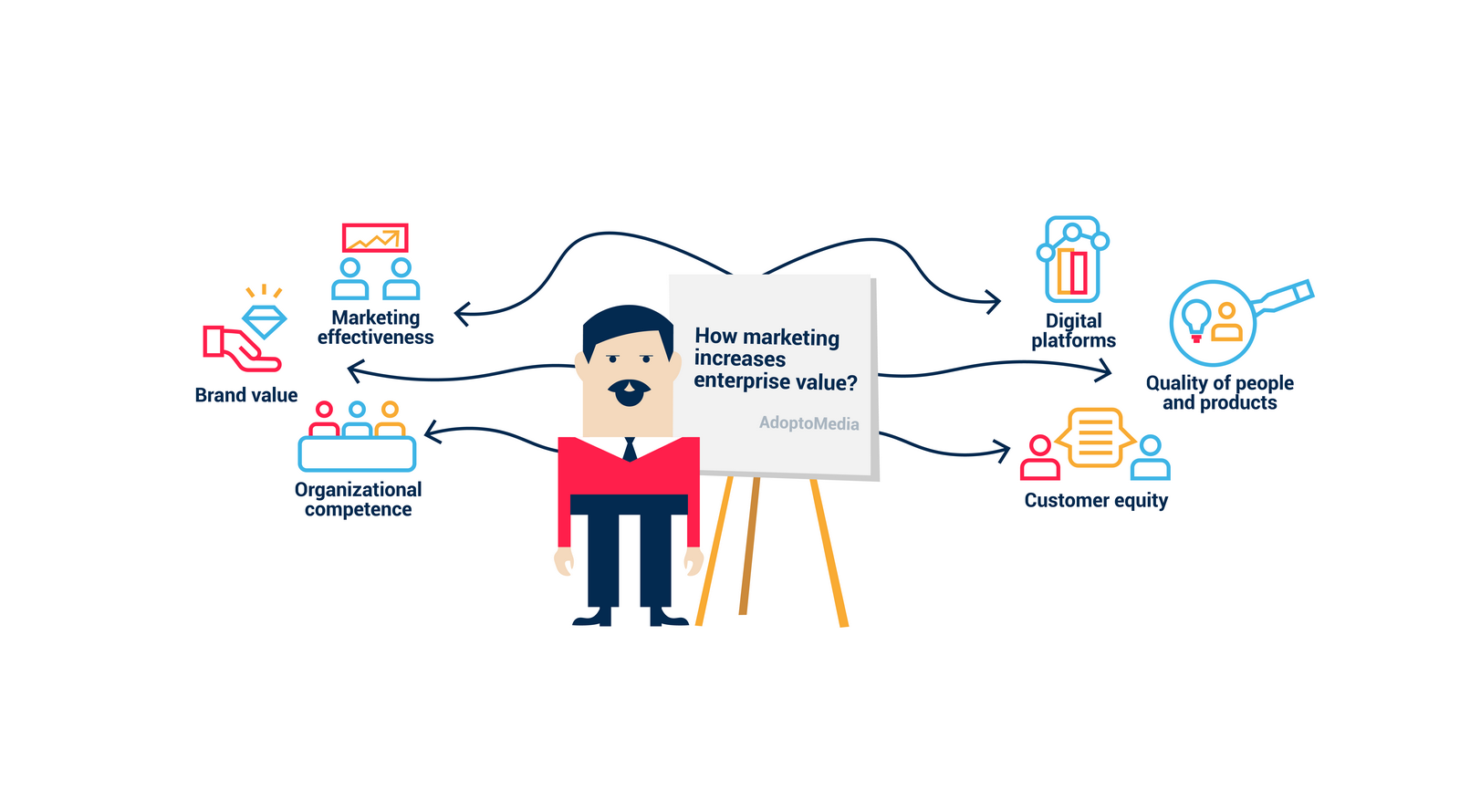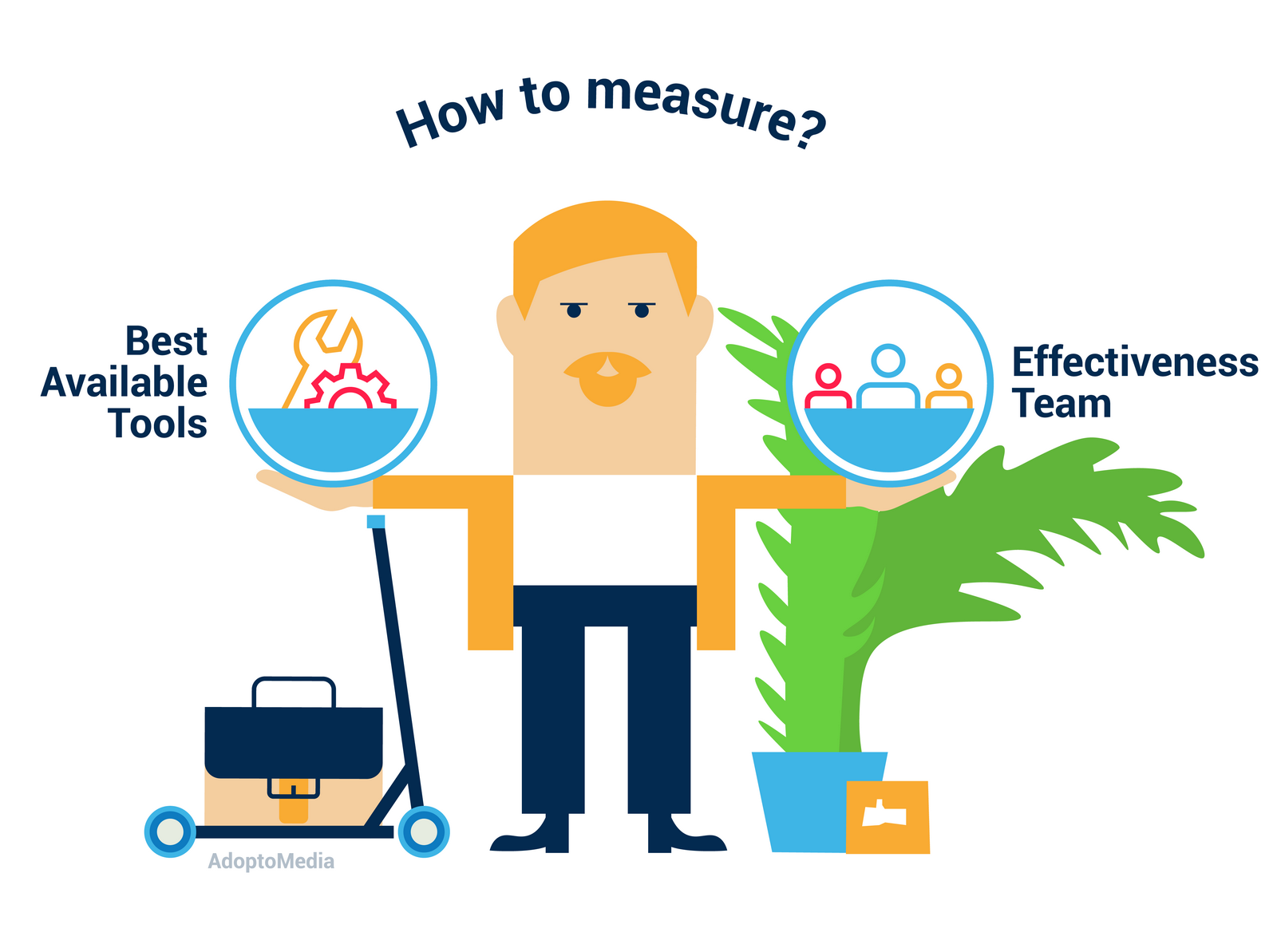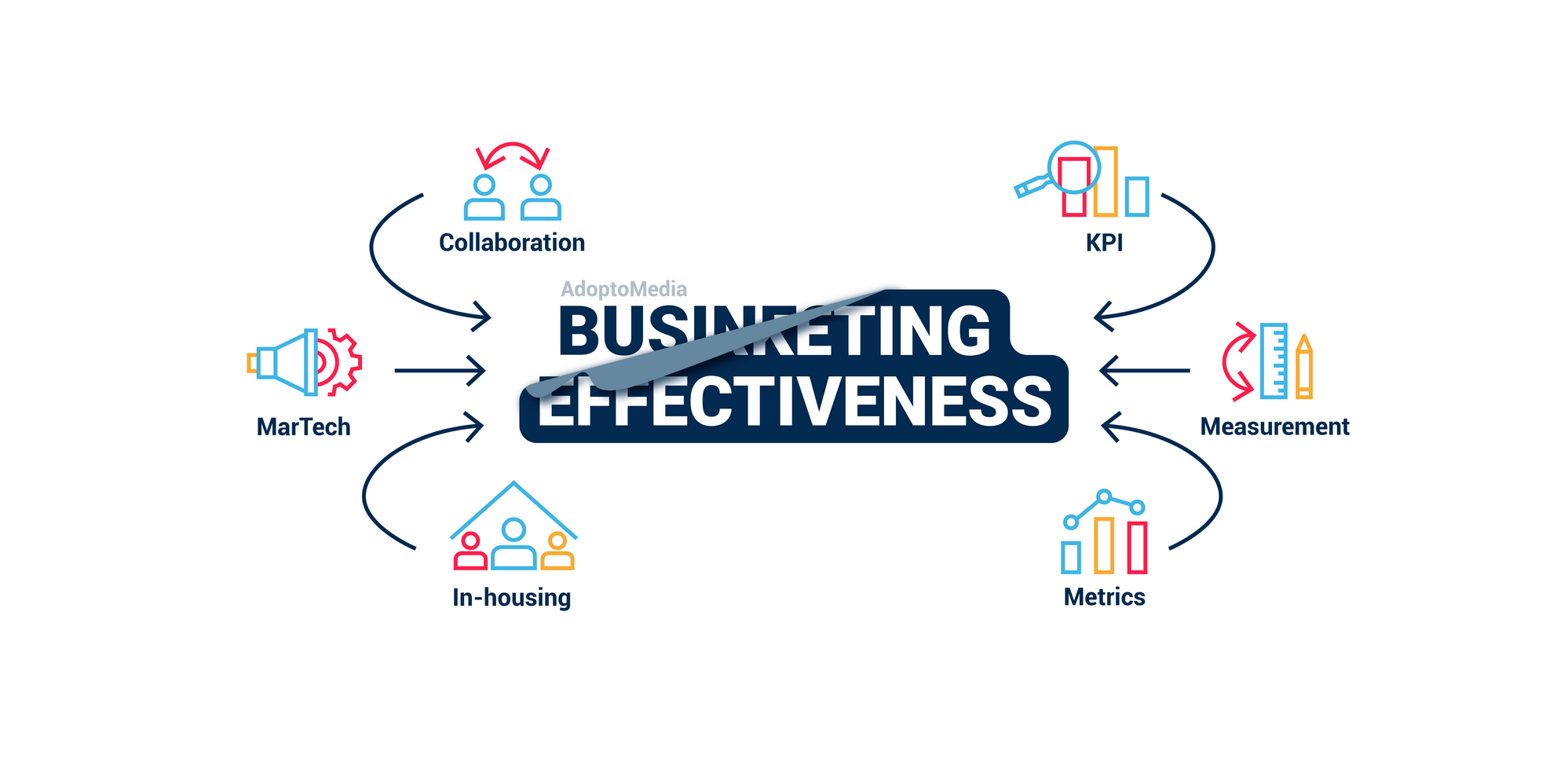Tag: Marketing Effectiveness
Even though marketing technology is advancing, existing tools don’t fully match arising needs and challenges of the industry. There are still no universal measurement standards, so marketers around the globe are struggling to justify huge investments, which amount to $560 bln annually, according to A. Guttmann research. In the article we will cover the limitations of the current ROMI approaches, that McKinsey experts point out, and our capabilities for dealing with them. We are trying to keep you updated on all marketing measurement trends, that’s why we prepared an article on the use of measurement tools after the phase-out of cookies and IDFA. Get ready to privacy changes and apply solutions that won’t be affected by the new conditions. See how MMM, MTA, brand studies and other approaches are going to function without third-party cookies. Due to users massively shifting to online and mobile content, a huge part of the marketing spend is allocated to digital channels. It’s a reasonable strategy, but what we do wrong is measure the results of such campaigns. We focus too much on short-term results and user-level data, that seem more accurate, just because the tools like multi-touch attribution allow it, and not always because… Read more »

Research shows that using marketing technology to measure effectiveness results in significant performance improvement. But what if the approach you use is flawed and measurement results are only preventing your business from making the most of advertising. Such was the case with Adidas that had been over-investing in digital channels due to MTA analytics. Turns out even multinational corporations like Adidas aren’t immune to mistakes. But who can blame them? I mean weren’t we all charmed by promising advantages of multi-touch attribution. It’s a relatively new tool that functions at a highly granular level and is especially suitable for measuring digital campaigns. MTA can analyze individual customer journey and find what marketing activities lead to conversion. This high level of granularity makes you think that the tool is more accurate than it really is, but this major strength became its main problem when legal restrictions concerning data privacy came into force. GDPR severely limits the potential of attribution. Other limitations of MTA are: It covers a limited number of KPIs Most models cover only digital channels and can’t account for offline touchpoints. It attributes too much credit to digital advertising Privacy regulations limit its functionality It’s difficult to stitch touchpoints… Read more »

According to a joint research by In-House Agency Forum and Forrester, 64% of American corporations had an in-house agency in 2018 compared to 42% in 2008. The trend is becoming a reality even though it’s costly and challenging. In this article we investigate the benefits of building internal capabilities, functions better managed internally and ways to deal with widespread concerns and obstacles. It is quite obvious that large brands like Procter & Gamble, Ally Financial and Clorox wouldn’t set up internal marketing teams if it was useless. For example, P&G established its own agency in 2018 as a part of their new marketing strategy saving $750 mln. Apart from cost efficiency in-housing is also driven by the opportunity to gain greater brand insights, increase transparency and control over the creative. Another advantage of IHAs is they have the same goal with the brand and are more invested in successful outcome, which is not always the case with outside agencies. Sometimes they have conflicting interests and focus not on promoting the advertiser but on promoting themselves. It’s definitely not always the case, but happens occasionally. In-house teams better understand the business, know more about your products or services. They are insiders… Read more »

The coronavirus pandemic is forcing the whole world to face unexpected challenges and adapt to the new conditions. Millions of people working in different industries including marketing are looking for ways to succeed or at least remain stable in such a volatile climate. In a recent interview Kathy Bachmann, General Manager of Americas in a global consultancy company, Analytic Partners Inc., shared her opinion on a few strategic problems that suddenly appeared on marketers’ agenda. The trend of growing online sales and lower offline sales, that had been around before the pandemic, has strengthened even further over the last month. Even though customers will return to regular shops once everything gets back to normal, the increasing shift to e-commerce will not go away, so it makes sense to focus on developing this capability. Taking into account the impact on media consumption, consumer mobility and supply chains, it’s necessary to review and adjust some marketing mixes companies currently use. Marketers need to wisely, but quickly plan every next move to benefit from any arising opportunities or mitigate losses. There is no universal strategy, so changes will vary from business to business: some advertisers need to boost spends while others should keep… Read more »

Over the last decade marketing effectiveness has been slowly declining and the industry has gone through a lot of changes. In attempt to save budgets many companies decided to reduce this expenditure area, but how wise was this move, given that marketing drives growth and enterprise value? This article covers an approach everyone should take when it comes to allocating budget. Marketers all over the world are under pressure to justify their huge spend, which amounts to 10% of revenue on average. In 2017 Binet & Field published a book called Marketing Effectiveness in the Digital Era, where they wrote that marketing effectiveness is currently declining. There are a few possible reasons behind such a trend: media fragmentation / complexity; too many metrics: address this issue by identifying key metrics for your organization; marketing effectiveness culture is still developing; lack of collaboration within a company: marketing and finance alone have four obstacles complicating their cooperation; narrow focus on some attribution models; focus on short-term results: the pie chart below demonstrates when campaign performance is measured. More than half of all respondents focused on immediate outputs, while only a third took into account longer time periods. But ads’ potential to drive… Read more »

Today, around 10% of revenue is allocated to marketing, and in 2018 these spends amounted approximately to a trillion dollars worldwide. All marketers are under pressure to justify such huge investments, but top professionals know how to cope with it. In this article you will find out how to become a high-performing marketer as well as increase accountability and transparency in your company. Despite all technological advancements in the industry, accurate quantification of marketing contribution remains a serious challenge, mainly because there are no universal standards in this area. Forbes addressed the problem by establishing an initiative together with the Marketing Accountability Standards Board aimed at helping businesses better measure, optimize and understand the contribution of marketing. They also conducted a research involving 800 CMOs to select the most effective tools, strategies and approaches available now. Every detail matters, all promotion channels, traditional and digital must be used in the most effective and efficient way, every investment should be a well-informed decision. Today data is power, so it doesn’t come as a surprise when experts mention it among analytics and martech that improve marketing performance. Here are nine key takeouts from the research, by doing which a company can get… Read more »

There is no doubt marketing contributes a lot to company’s growth, but how to accurately define its contribution is still to be determined. In this article we cover most common challenges marketers face today and provide some valuable advice from a 2018 research by Forbes on how to apply marketing techniques wisely and quickly implement data-driven insights in your decision-making to increase the enterprise value. According to the research where over 800 marketing executives were involved, investments in marketing have become the major contributor to company value in today's digitally driven economy. Market conditions are changing quickly, intangible assets like brand equity, innovations and customer relationships are becoming increasingly important. To monitor complex, fast changing customer journey and address numerous other problems marketers worldwide annually spend about $1 trillion, moreover they are struggling to justify these huge expenses as well as measure their effectiveness. Most CMOs use over twenty tools; with this variety it’s getting more difficult to measure and optimize marketing investments. The need for higher marketing accountability shows that an international measurement standards should be established. Here are three reasons why organizations need to better understand, measure and improve marketing? Investors and owners need to see the impact… Read more »

Most companies face the challenge of accurate assessment of their marketing activity results, and with numerous tools and approaches available in the industry it is easy to get confused. Companies should choose wisely and act quickly to keep pace with trends and generate business growth. A white paper on marketing effectiveness by global consultancy Gain Theory helps to do just that, and in this article we cover the most informative and interesting insights, including those from marketing top managers of 40 large UK brands that together spend over £7bn on advertising. We are trying to keep you updated on all marketing measurement trends, that’s why we prepared an article on the use of measurement tools after the phase-out of cookies and IDFA. Get ready to privacy changes and apply solutions that won’t be affected by the new conditions. See how MMM, MTA, brand studies and other approaches are going to function without third-party cookies. After we have agreed on what marketing effectiveness is, understood where we stand in terms of progress and chosen the crucial metrics, it’s time to move on and find the most suitable measurement tools and approaches to building an effectiveness team. Best Available Tools Test &… Read more »

There is hardly an organization that is completely satisfied with their abilities to assess marketing activity results, and in this age of technology and changes companies should choose wisely and act quickly to keep pace with trends and generate business growth. A global consultancy Gain Theory published a white paper on marketing effectiveness that provides information on how to measure and maximize the impact of marketing activities. In this article we cover the most informative and interesting parts of their paper, which includes insights from marketing top managers of 40 lage UK brands that together spend over £7bn on advertising. The key to success and business growth is the right marketing strategy, it will help to create the right culture, make better decisions and wisely invest. It requires specific knowledge and resources, and the common challenges include not having the right people for the job or complexity of the subject itself. With the right motivation and collaboration within a company it will be easier to achieve better effectiveness. And here are some advice that the author gives us to improve marketing performance. Do the basics right: there is no doubt innovation might boost your performance, but simply by improve what you… Read more »










